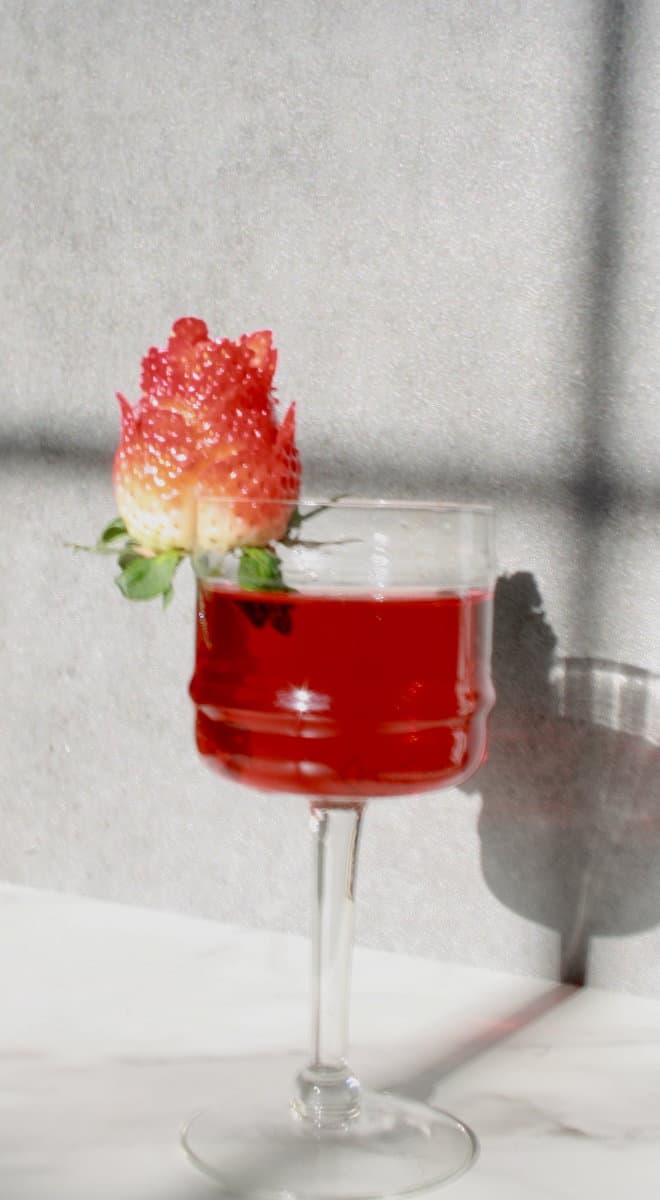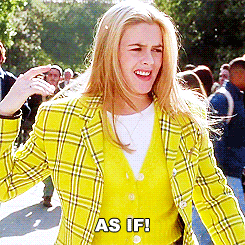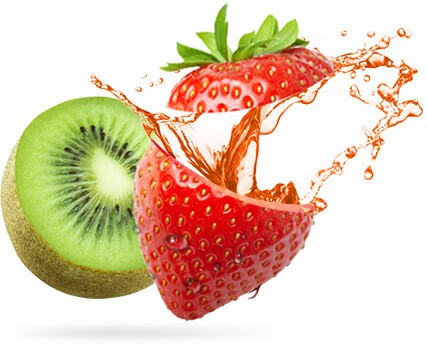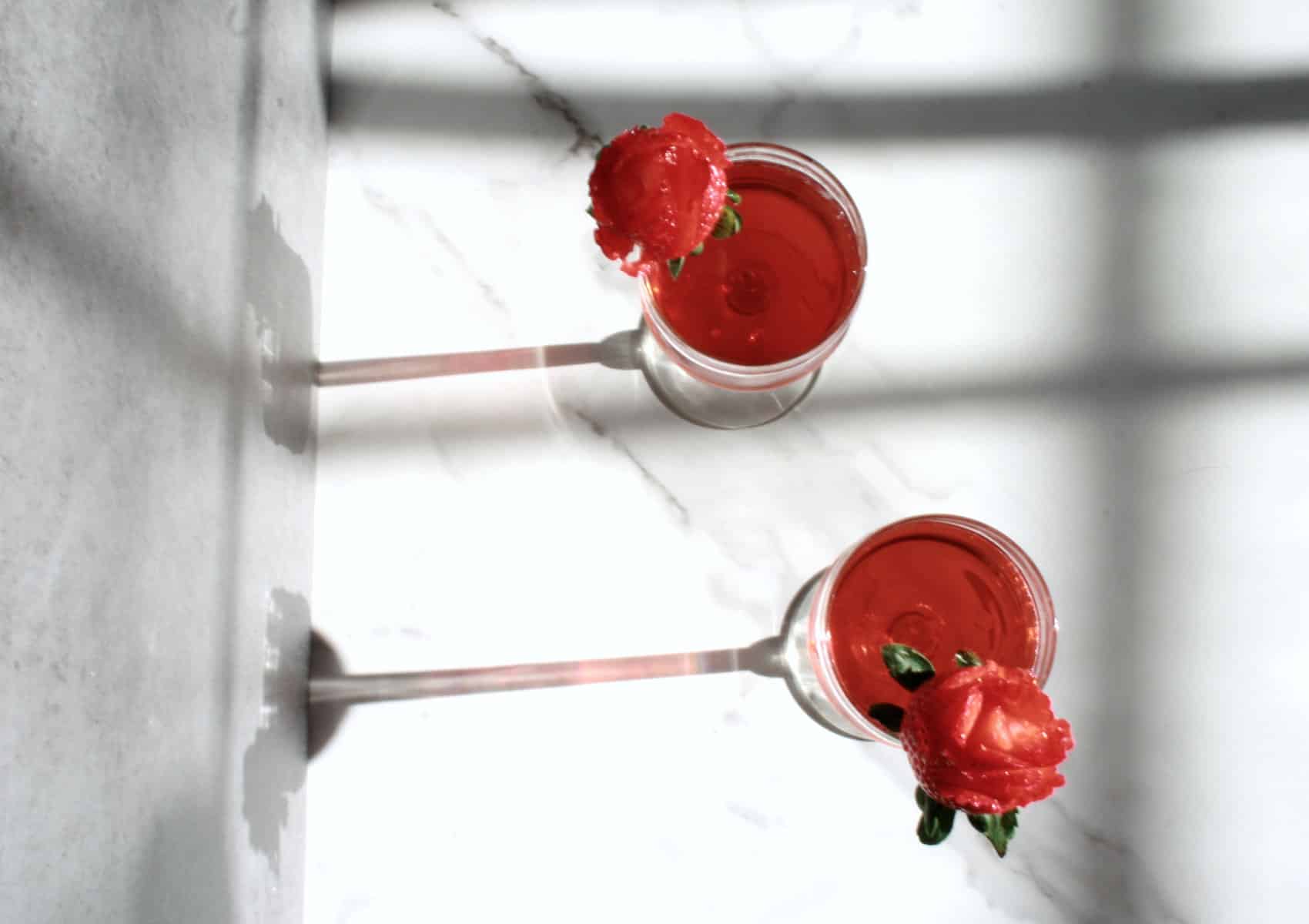
by RE Helper | Oct 15, 2024 | Blog, Gambling, Helpful Tips, Resources
Today’s blog entry is from Bobbie Malatesta. Bobbie has been a member of Café RE since February 2020.
Gambling…the Addiction Hidden in Plain Sight
By: Bobbie Malatesta (Café RE UP)
If you’ve met me in the community or heard me share, you probably know this about me. My first drug of choice was gambling addiction. My sobriety followed 999 days later, sort of by accident. When I was preparing to go to Asia with our Recovery Elevator family, I was following the request to have 30 days without alcohol before going to an RE event. For the sake of today’s conversation, the rest is history.
I probably should have ditched the booze when I went to rehab in 2017 for gambling, but I wasn’t ready at the time. A few people actually asked if I was going to treatment for the alcohol or the gambling problem. It wasn’t time for me to quit drinking then, but I am happy to report that I attribute some of the skills I acquired through that journey to helping me stay sober today.
This scenario of being both a problem gambler and drinker simultaneously isn’t unique to me. That’s what prompted me to write this. Although drinking is a substance and gambling is a behavior, they share one important thing in common…they’re both normalized in the world we live in.
Legalized online gambling is in more states now than it isn’t. During that Asia trip, I unknowingly walked into a casino because they directed us there to use the restrooms. At an Recovery Elevator Atlanta meetup, the gas station had five slot machines. While driving through Montana to get to the Recovery Elevator Bozeman Retreat, I saw mini casinos at many of the gas stations along the way.
In every convenience store and grocery store, we can get powerball or scratcher tickets. At work, you can gamble on brackets or join in lottery pools, at fundraisers you can participate in raffles and the list goes on.
Gambling is deeply ingrained in our society, and the problem keeps worsening. I believe I gambled for the same reasons I drank, to numb and escape. Not every person who has or had a challenging relationship with alcohol will have one with gambling, but it is important to shine the light on the possibility.
My intention for sharing my thoughts on this was let you know a couple key points.
- Gambling is everywhere and it can be dangerous
- There are resources and help out there- Facebook communities, podcasts, national and state agencies and so much more.
- We are probably a bit higher risk than those who don’t have addictive behaviors on their resume
- It’s not about the money
It is my mission to raise awareness around problem gambling and if you ever have any questions, please feel free to contact me. 203-565-5646
One of my favorite premises that Paul shares is the concept of identifying the problem. He says in relation to alcohol, that if we are asking ourselves if we might have a problem, then we might have a problem. The people who don’t have the issue, usually aren’t questioning themselves.
I truly appreciate Recovery Elevator for the opportunity to share this message!
With Love and Gratitude,
Bobbie
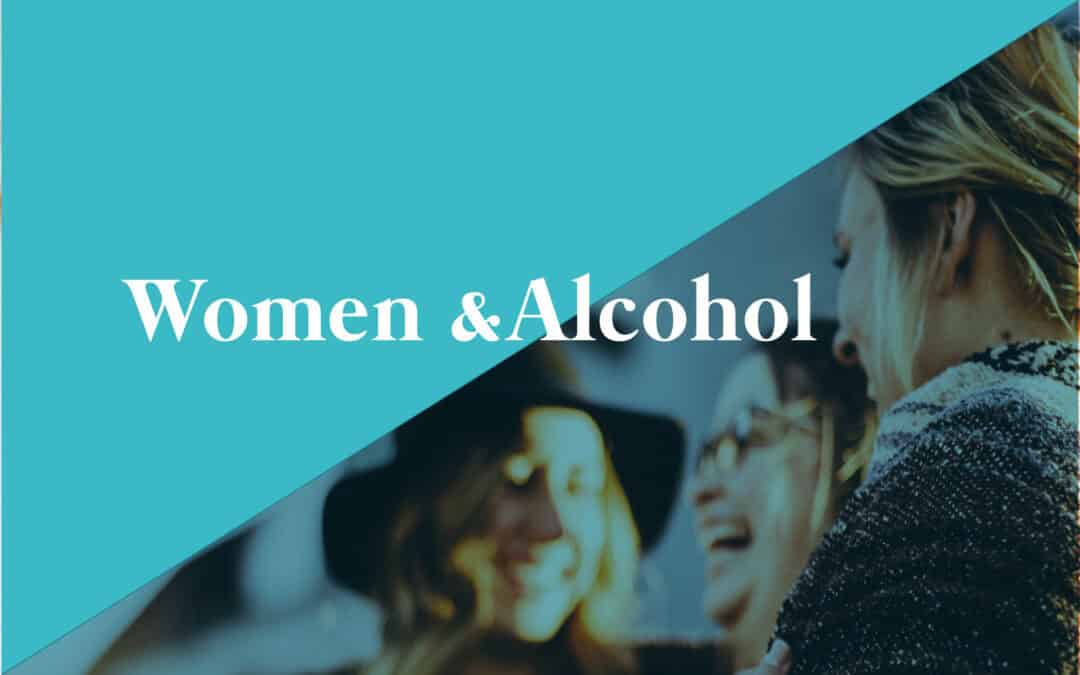
by RE Helper | Feb 15, 2024 | Alcohol Free, Blog, Early Sobriety, Resources, Womens health
Today’s blog entry is from Alisa. Alisa has been a member of Café RE since July 2023. She recently took part in our Recovery Elevator REstore 2024 course. She is an active and supportive member of her Café RE GO group!
Women and Alcohol
By: Alisa (Café RE GO)
I’d heard the anecdote that women had started to surpass men with their drinking habits. Then in 2023, the WHO announced that no amount of alcohol was safe for consumption. This was all lining up with what Holly Whitaker said in her book Quit Like A Woman. So I sought to dig into this and better understand what was behind these trends in women’s drinking.
The history of women and alcohol is an interesting one.
It zigzagged from a movement to ban alcohol (predominantly to stop men from plundering the family savings at the bar) to the pursuit of a seat at the bar. Ironically, Prohibition gave rise to secret bars (speakeasies). Where women were able to redefine long standing gender roles by smoking, drinking, and having fun in public. Though women had imbibed before this time, they had rarely done so in public because as you can imagine, most drinking establishments were male-only. “So for young women, speakeasies stirred a spirit of rebellion”.
In order to understand what happened to the alcohol industry, it’s useful to examine what happened with cigarettes.
Big Tobacco used several strategies to advertise to women. For example, the industry prompted a feminine ideal of thinness presenting the cigarette as a way to achieve this ideal. They taught Hollywood actors how to smoke in films to make smoking look sophisticated. They also hired a PR giant. The PR giant then hired women to smoke in a parade to manufacture a connection between smoking and liberation. He coined the term “Torches of Freedom” to encourage women to smoke as a symbol of emancipation and an act of challenging social taboos.
Big Alcohol* rode in on the coattails of the tobacco industry.
They used similar tactics to market alcohol to women by appealing to their thirst for equality and independence. By making tobacco products custom fit to women (think Virginia Slims) and hiring women to smoke while engaging in the women’s liberation activities, they spread the idea of smoking as empowerment. Similarly, the alcohol industry created pink drinks, colorful labels, overpowering fruit flavors, and low-calorie options to target women by capitalizing on gender stereotypes. I find these strategies incredibly ironic since initially the alcohol industry used women’s bodies (and implicitly the promise of sex) to sell alcohol to men.
The advent of social media made things even easier for Big Alcohol
The advent of social media made things even easier for Big Alcohol as algorithms specifically targeted individual demographics. Now we receive customized ad feeds based on our past behaviors. Us social media users also became their advertisers by spreading trends like “Rose All Day.” Culturally, alcohol (and especially wine) became a symbol of stressed-out women and moms with memes featuring “Mommy juice.”
Sadly, these common marketing messages exploit women’s desire for friendship, relaxation, and empowerment. Having a glass of wine has become a way that women and moms feel like they are taking care of themselves. As Sarah Hepola put it in her drinking memoir Blackout, “Wine and confession. Wine and sisterhood. Wine had become our social glue, the mechanism of our bonding. We needed the wine to shut out the jackhammers of our own perfectionism and unlock the secrets we kept within”.
While many of us use alcohol as a social lubricant, we may also use it to “unwind” in private.
While many of us use alcohol as a social lubricant, we may also use it to “unwind” in private. Concepts like ‘Wine o’clock’ offered permission to drink when we felt like it and linked alcohol to a method for navigating daily life stress. Absolutely none of us are to be blamed for falling for this and using alcohol in these ways. As the addiction and trauma specialist Gabor Mate says, alcohol use is a response to pain and suffering. Alcohol has long been a culturally accepted and condoned way of dealing with stress. In fact, alcohol marketing to both women and men ramped up during one of the most stressful global times in recent history: the pandemic. Here is an example of a marketing slogan by Retail Drinks Australia:
“If we want people to stay at home, if we want them in a good state of mental health with a conviviality that encourages them to adhere to social isolation, we’ve got to ensure they have access to the social norms such as enjoying a drink.” Danica Keric and Julia Stafford from the Cancer Council Western Australia’s Alcohol Programs Team said in response, “There was a deliberate move by the alcohol industry to frame alcohol as an essential product including for our mental health, during the pandemic”.
If you’re not appalled by now at how the alcohol industry operates, consider how the same things are happening with our food supply.
Like alcohol and cancer, the food industry plays a significant role in the metabolic disease rates in our country by lacing food with addictive chemicals like sugar and then obscuring the dangers of these additives. “The system works. Not for the best interests of health but for the best interests of those who are profiting off the system” Michael Greger, author of How Not To Die.
My favorite Quit Lit writer and recovery program pioneer, Holly Whitaker, summarizes:
“We read labels, we shun gluten, dairy, processed foods, and refined sugars. We buy organic, we use natural sunscreen and beauty products. We worry about fluoride in our water, smog in our air, hydrogenated oils in our food, and we debate whether plastic bottles are safe to drink from.
We replace toxic cleaning products with Mrs. Myers and homemade vinegar concoctions. We do yoga, we run, we SoulCycle and Fitbit, we go paleo and keto, we juice, we cleanse. We do coffee enemas and steam our yonis, and drink clay and charcoal, and shoot up vitamins, and sit in infrared foil boxes, and hire naturopaths, and shamans, and functional doctors, and we take nootropics and we stress about our telomeres. These are all real words.
We are hyper-vigilant about everything we put into our body, everything we do to our body, and we are proud of this. We Instagram how proud we are of this, and we follow Goop and Well+Good, and we drop 40 bucks on an exercise class because there are healing crystals on the floor.
The global wellness economy is estimated to be worth $4 trillion. $4 TRILLION DOLLARS. We are on an endless and expensive quest for wellness and vitality and youth. And we drink fucking rocket fuel”.
While women started off forbidden from drinking in public, women are now drinking as much as men if not more. But what most women don’t know is that our rates of addiction and alcohol-related deaths are surpassing theirs. It turns out that due to our physiology, women start to have alcohol-related problems sooner and at lower consumption rates than our male counterparts. This occurs because of how we process alcohol. Because we have lower total body water content, blood alcohol levels are higher. The first stage of alcohol metabolism is slowed which results in more alcohol being absorbed into the bloodstream. Unfortunately, this leads to greater generation of liver-toxic products like acetaldehyde. Thus, imbibing alcohol increases the vulnerability of women to the risk of alcohol-related illnesses such as liver disease and cancer.
In my fantasy worldview, everyone is ethical and people who have the authority to powerfully impact public health make the “right” (aka moral) decisions. Sadly, this isn’t true. The way we can take our power back is to know the truth and make decisions based on these facts. When I started treating sobriety as an act of rebellion, something new clicked for me. I hope it can for you too.
*Big Alcohol refers to the lobbying front group for twelve of the largest multinational alcohol corporations.
**More from Recovery Elevator referencing Big Alcohol**
RE Podcast Episode 407
Blog – A Messgage to Big Alcohol
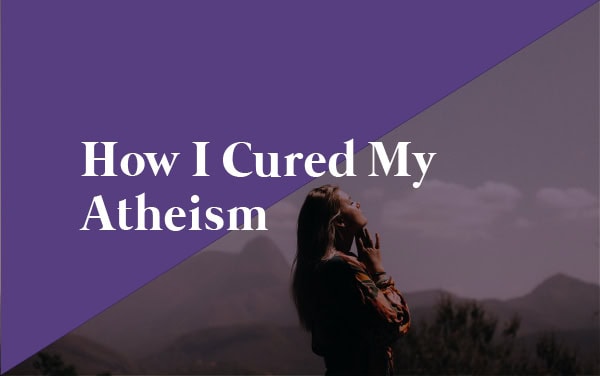
by RE Helper | Jan 15, 2024 | Alcohol Free, Blog, Expectations, Helpful Tips, Resources, Uncategorized
Today’s blog entry is from Bobbie Malatesta. Bobbie has been a member of Café RE since February 2020. Bobbie just celebrated 4 years alcohol free and is a big source of support to her Café RE UP group!
How I Cured My Atheism
By: Bobbie Malatesta (Café RE UP)
Recently, someone shared a beautiful acronym that I wish I had earlier in my spirituality journey. Before I get into that, please allow me to explain a little of my history in this department.
In my family, we had the Italian and Polish grandparents that were traditionally Catholic. My parents didn’t make us be Catholic except for when we went to weddings and funerals of course. I was given the option to choose what religion I wanted to be.
At age 10, I decided to get baptized a Baptist. I was to stand in a sunken tub in the church and get dunked by the clergy and that would be that, right? Well, not exactly. I begged the man baptizing me to hold my nose when he dunked me. Guess what? He didn’t!!
And so began my atheism. How could I trust this God if his person couldn’t even help me with my minor little request? Staying true to my disbelief and anger was easy as my life unfolded. Trauma, tragedy, death after death, abandonment, and all the other bull-oney that life has to offer seemed to start and never stop in my life. How could there possibly be a “”God” if all these bad things kept happening to me?
And so my life went.
Once I joined 12 Step and had to memorize the Serenity Prayer, it got a bit more challenging. Any time my GA crew wanted me to kick off the prayer, they expected me to say that “G” word but I didn’t want to talk to him. I still didn’t believe in him. On account of my big mouth and the fact that one of the principles in the program is that you don’t have to believe in the G word per seh, we found a compromise. Whenever I started the prayer, I addressed the Universe. Eventually, some of my fellows would start with Universe too, in support of me.
Things were going along just great until I got to Step 11. “ Sought through prayer and mediation…. conscious contact with GOD….” Oh Sugar! It was time to revisit this whole God concept for me. Long story short, I started going to church, meditating and doing the work so I could “graduate” Step 11.
One of my favorite parts of doing this “work” was being in recovery communities like Café RE. Working on Recovery Dharma, Sober travel trips with beautiful peers, learning from Patrick and appreciating the landscape of Bozeman all contributed to what is defined as spirituality to me now. I can see God now in the essence of people, sunsets and sunrises and music. The key is it doesn’t have to be labeled as god, universe or any other word in particular.
The end result was that for me, I now believed in a God, and I still choose to call her or him, Universe.
Now, I have embraced and want to share GUS!
GUS was there all along and I heard about him when I was supposed to, recently at a conference.
GUS stands for:
God
Universe
Source/ Spirit
I am believer that there is no one right way for anything, including our own spirituality. This is not meant an insult to anyone’s faith or choices, but to offer a solution to anyone who might be stuck on this premise like I was.
Either way, GUS got us, no matter what you call her/ him/ it.
Thanks for letting me share!
With Love & gratitude,
Bobbie
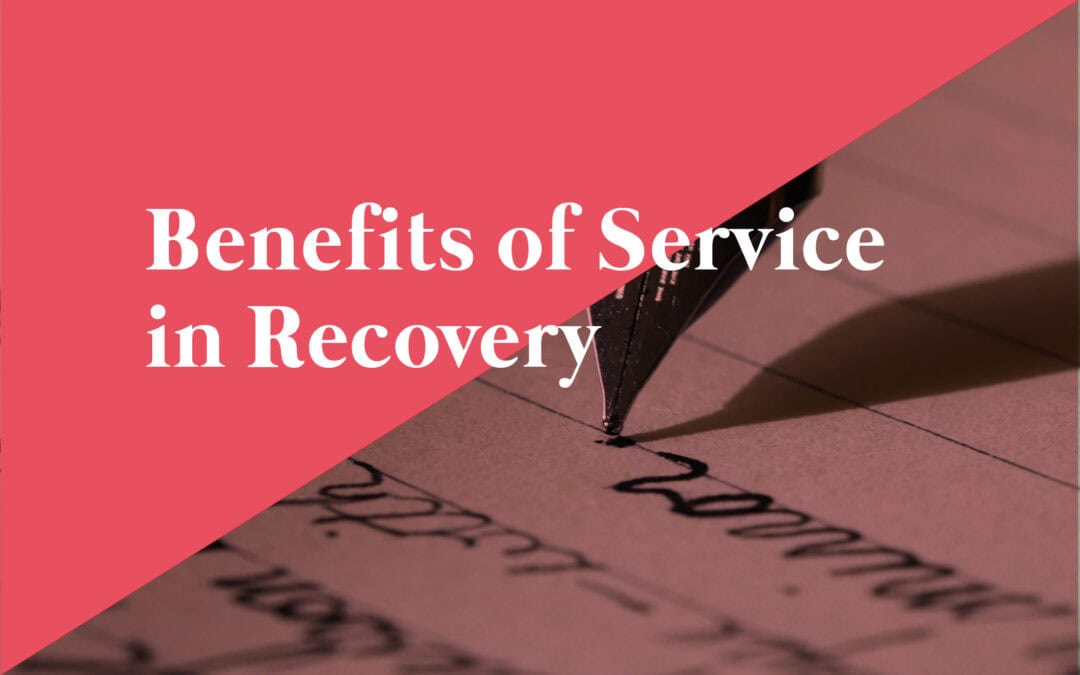
by RE Helper | Jun 13, 2023 | Alcohol Free, Blog, Helpful Tips, Resources, Service
Recovery Elevator is excited to offer a new type of blog experience to our readers! We are reaching out to our Café RE members and giving those that are interested the opportunity to be guest bloggers for our site. Think of it as a podcast interview in written form. You will get parts of their story along with tips and tools that they have found beneficial in their own recovery journey. Please let us know what you think, or perhaps topics you would like to see covered, in the comments.
I’m excited to bring our first guest blog submission to you today! Stephanie McCarroll has been a member of Café RE since August 2020, has been alcohol free since January 12, 2020 and is very active within the community. You can often find her on one of our daily ZOOM chats, if not hosting it, offering support and accountability to our members. Thank you Steph!!
Benefits of Service in Recovery
By Stephanie McCarroll
One of the most important aspects of long term recovery is being of service to others. At the early stages of sobriety, my focus was to get through the day sober. While sobriety continues to be my most valuable thing I have, my life moved past just getting through the day without a drink. A greater need arose in myself to heal and thrive in all areas of my life: physically, mentally, emotionally, socially and spiritually.
Like the disease we have, recovery is also progressive.
True recovery is a path beyond simple abstinence. Rather, it is a journey by which we build strength to face the wounds that may have led to addiction and create a flourishing sober life. Being a helpful and valuable part of my recovery community is an integral part of such a life, and it is deeply nourishing to our social and spiritual wellbeing.
Alcohol isolated us.
It demanded we put our substance abuse above all others in our lives. Some of us feel a great deal of guilt for the time lost to our addiction. Although we cannot go back and erase our mistakes, our addiction gave us insight of what slavery to alcohol looked like. Hearing that other alcoholics could stop and recover was something that inspired us to keep fighting. We were no longer alone. We had evidence we could recover.
For those who have shared their stories, they chose to be of service, giving powerful testimony of the benefits of living an alcohol free life. In recovery, the idea of service could be a new, daunting thought. Yet, giving back to our communities provides us with so many benefits.
Science has proven that being of service positively affects your brain and mental health. According to research, when you give your time and resources to people in need, your brain activates pleasure sensors, giving you a feeling of wellbeing. In this way, being of service in recovery is a form of self-care and lifts our spirits. It also helps us to manage stress.
It also helps us rediscover our self-worth. It means being part of something bigger. At Cafe RE, members are encouraged to find ways to be of service wherever possible. Because Cafe RE is an intimate community, members volunteer to host chats and participate in community service projects.
In recovery, my art of writing has been rediscovered. Like those who had a fondness for music and photography, I wanted to reach out to the writers. This prompted me to inquire about the possibility of forming a members-driven Guest Blog for Recovery Elevator. Paul said YES!
In finding the right service opportunity for you, it can be helpful to tune into your passions and what makes you come alive. Being in recovery is a beautiful gift that gives you the chance to pursue the things you love most about life, things that may have been robbed from you during your addiction.
If you would like to give back to the recovery community and guest blog, please contact kmac@recoveryelevator.com. We know our members have a lot to say and want to be of service. We are excited for this new endeavor and know it will help a lot of people.
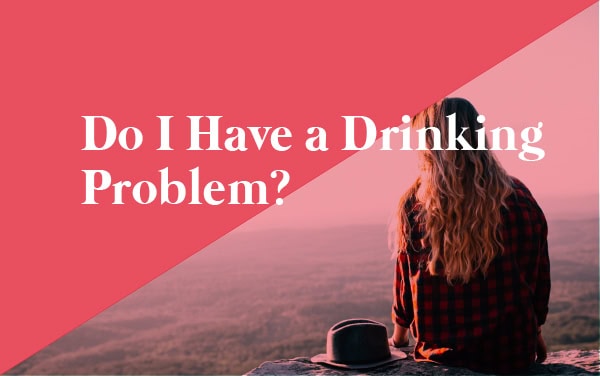
by Kerri MacFarlane | May 15, 2023 | Alcohol Free, Blog, Helpful Tips, Resources
Today is the day! Today is the day we are going to find out if you have a drinking problem…or not. Are you ready?
For Paul, when it finally sunk in that he did indeed have a drinking problem (and a good one at that!) two things happened.
First…he was like, “Oh F&#K!”
Then…immediately after, as this truth spread into his body, to his bones, to his conscious, his unconscious, to the heart, to the liver, something neat happened. An incredible amount of energy was instantly liberated.
For two reasons.
- The stigma or label of an alcoholic didn’t change who he was. He was still alive.
- But more importantly…all the energy, the incessant thinking he had of…
- Do I drink, or not?
- Do I have a problem, or not?
- How am I going to control my next session of drinking?
- How am I going to hide it?
- Let’s do our best not to black out before 8 pm.
- Do I have enough shitty box wine back home?
- Let’s not let people know we’ve already had 9 drinks before meeting up at the bar.
ALL of that went away instantly.
In fact the worst place a person can be with a drinking problem is in limbo. The do I or don’t I phase. (Paul covers this in Episode 417).
So for this diagnostic, we are going to use the test listed in the DSM 5, or the diagnostically statical manual which is what most psychologists and/or therapists have somewhere on their shelves.
There’s 11 YES or NO questions. If you answer YES to 2 of the questions, if you meet 2 of the 11 criteria, within the past 12 months, they call it an Alcohol Use Disorder.
THE TEST
- Do you sometimes have difficulty controlling how much you drink or for how long you drink alcohol?
- Have you made unsuccessful attempts to cut down your drinking?
- Do you sometimes spend a significant amount of time drinking or recovering from drinking?
- Has your alcohol use had any negative consequences at home, school, or work? (Have you ever lost time off work because of your drinking?)
- Has your alcohol use had any negative consequences to your relationships or social life? (Have you ever concealed how much you drink? Has anyone ever commented on your drinking?)
- Have you continued to use despite any negative consequences?
- Have you put off things or neglected to do things because of your alcohol use? (Have you ever disappointed your family or friends? Have you ever missed a family event?)
- Do you occasionally have strong cravings for alcohol?
- Has your tolerance for alcohol increased? Are you able to drink more than you did before?
- Have you experienced withdrawal symptoms the next day after drinking? (Have you ever been shaky or sweaty that evening or the next day?)
- Has your alcohol use led to any dangerous situations? (Have you ever been charged with impaired driving?)
Paul has always strived to be a good student, and was “happy” to report a score of 100%. 11/11. For shits and giggles, let’s’ cover what it means if you didn’t ace this like he did.
WHAT IT ALL MEANS
The presence of at least two of these symptoms means you have an AUD. If you have two to three symptoms, it’s considered mild; four to five symptoms is considered moderate; six or more symptoms is considered severe. (If you don’t fall into the severe category, a mild diagnosis can still warrant concern, as it may be the start of a larger problem.)
A couple things before we wrap this up. If you have a drinking problem, life isn’t over…in fact, it’s just beginning.
Some of you may have just learned you have a drinking problem. If this is devastating to you, go to Episode 411 where Paul talks about the grateful alcoholic.
Paul had one more bit of info in his notes from Episode 428 If you find yourself listening to a sobriety podcast (or reading this blog), and you’re not a therapist, a doctor, or listening so that you can support a loved one, then YOU have a drinking problem. If you question whether or not you have a drinking problem, you just answered that question. The bigger question is…what are you going to do about it?
***Taken from Recovery Elevator Podcast, Episode 428, host Paul Churchill***
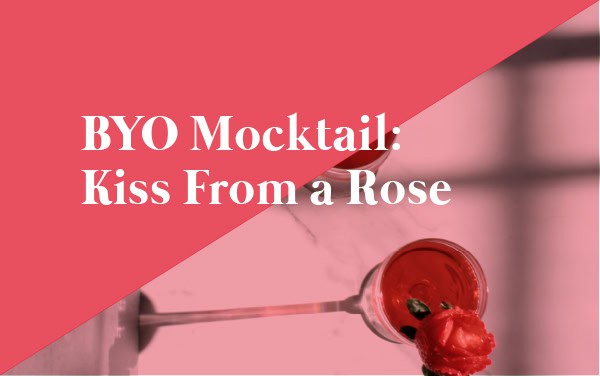
by RE Helper | Feb 15, 2023 | Alcohol Free, Blog, Mocktail, Recipe, Resources
This past year I have been working for a large international women’s retail clothing store. I have the first hand knowledge of how fashion is coming back around… the good and the bad. The return lately has been to the fashion of the early 90s, grunge but with a little more sophistication and polish.
While I am not loving the low rise jeans that are back (can we please just not) and overalls, I am loving the return of Clueless and Cher’s plaid suit, slip dresses, a cropped sweatshirt and a good bias cut.
Having my head so firmly in the 90’s and a lot of time on my hands has led me to day dreaming back to that magical time as well. In my high school, before parents worried as much about what we ate during the day, I would buy a Snapple Kiwi Strawberry drink everyday for $1.25 and drink it with my lunch. Something sweet and tart at the same time really hit the spot.
I think I just heard the 3 people who
read this blog get really excited!!
They know where this is going!
Kiss from a Rose
Serves 2
Prep time: 15 minutes + cooling time
Ingredients Simple Syrup
- Handful of strawberries, rough chopped
- 2 Kiwis peeled and rough chopped
- 1/2 c. sugar
- 1/2 c. water
Additional Ingredients
- Seltzer of your choice
- 1t of balsamic syrup
To make the syrup
Add all ingredients to a pan and bring to a boil over medium head, stirring until the sugar is dissolved. Once boiling reduce heat and let simmer for 10 minutes. Strain and allow to cool. Store in an airtight container in the refrigerator for up to 1 month
To make the cocktail
Add 1T of the simply syrup, add 1t balsamic syrup (try a berry flavored one) top with seltzer of your choice and stir.
The Recovery Elevator podcast last week was about the AF beverage (S4 / E416), go check it out and let us know where your feelings lie on this!
Love and Mocktails,
Kate







